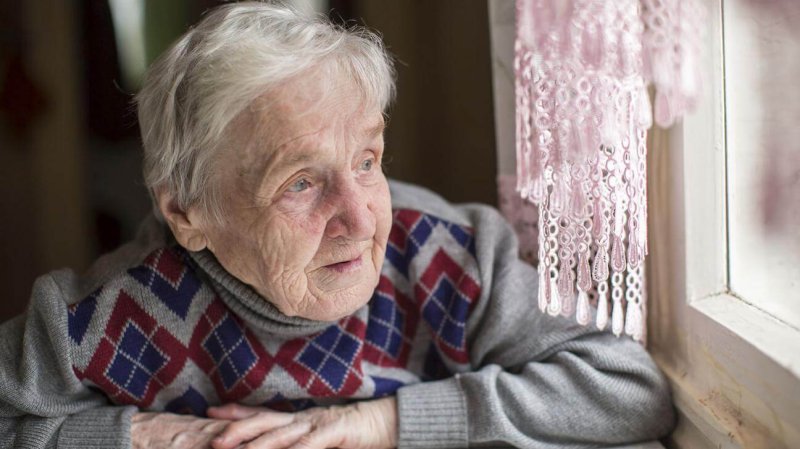New research gives some biological clues to why women may be more likely than men to develop Alzheimer’s disease and how this most common form of dementia varies by sex.
At the Alzheimer’s Association International Conference in Los Angeles on [July 16], scientists offered evidence that the disease may spread differently in the brains of women than in men. Other researchers showed that several newly identified genes seem related to the disease risk by sex.
…
Some previous studies suggest that women at any age are more likely than men to develop Alzheimer’s. Scientists also know that a gene called APOE-4 seems to raise risk more for women than for men in certain age groups.
At the same time, women with the disease in its early stages may go undiagnosed because they tend to do better on verbal tests than men, which masks Alzheimer’s damage.
…
At the University of Miami, scientists analyzed genes in 30,000 people — half with Alzheimer’s, half without it — and found four that seem related to disease risk by sex.
“One confers risk in females and not males and three confer risk in males but not females,” said one study leader, Eden Martin.
Read full, original post: New clues on why women’s Alzheimer’s risk differs from men’s































